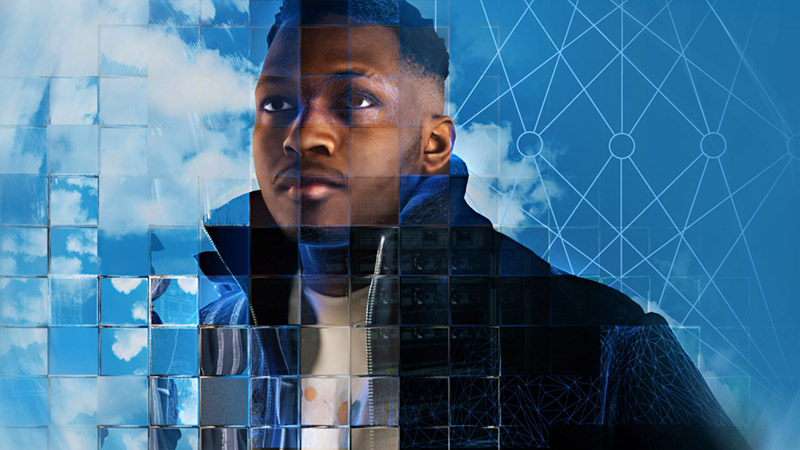
see page 04-06-Artificial-Intelligence
AI - Artificial Intelligence
Try to tell what it is in your own words first
- What: explain what it is
- Who: Who is using it and why?
- When: Just for the last few years, but developing like crazy and unstoppable.
- Why: How can it be used to your advantage?
- What: What's the future of AI?
Here are some of the main challenges of Artificial Intelligence (AI) explained:
1. Bias in AI
AI systems learn from data, and sometimes that data can be biased. For example, if an AI is trained on unfair or incomplete data (like only seeing pictures of certain groups of people), it can make biased decisions. This could lead to things like AI treating some people unfairly, such as giving certain groups better job opportunities than others.
2. Job Automation
AI is great at doing tasks quickly and efficiently, like in factories or customer service. But this also means that some jobs might be replaced by machines or robots. While AI creates new kinds of jobs, some worry about people losing work if AI takes over certain industries.
3. Privacy Concerns
AI can be used to analyze large amounts of personal data, like from social media or surveillance cameras. This can raise concerns about privacy, as AI systems might track what people do, where they go, or what they like online, sometimes without them even knowing.
4. AI Misuse
AI can be used for good things, but it can also be misused. For example, AI might be used to create fake videos or spread false information (like "deepfakes") that can trick people or harm their reputation. There’s also the danger of AI being used in cyberattacks or as weapons.
5. Lack of Human Understanding
AI systems don’t "think" or understand emotions like humans. They just follow patterns in the data. This can make them seem unpredictable or confusing because they might give answers that don't make sense or miss important context, like human feelings.
6. Ethical Decisions
Sometimes, AI has to make decisions with serious consequences, like in self-driving cars. How should an AI car decide what to do in a life-or-death situation? Should it protect the driver or a pedestrian? These tough decisions are a big challenge for AI developers because there’s no simple right answer.
7. Control and Responsibility
As AI becomes more advanced, a big question is: Who’s responsible if something goes wrong? If an AI makes a mistake—like a self-driving car causing an accident—should the blame be on the programmers, the company, or the machine itself?
Summary:
AI is an amazing technology, but it comes with challenges like bias, job loss, privacy issues, and ethical concerns. It's important for people, including governments and companies, to make sure AI is developed and used in ways that benefit everyone while being careful about the risks.
Ideas in teaching:
So what can you do as an internet user if you are unsure whether you have a real photo in front of you or one made by clever software? Try a ‘reverse image search’, recommends Eliot Higgins, founder of investigative journalism network BELLINGCAT.
Reverse Image Search. Find where images appear online tineye.com
“[Detecting content that is manipulated and synthetically generated] sounds like a single problem but in fact it is quite a complex challenge, because there is not a single type of synthetic or manipulated content”
Symeon Papadopoulos (vera.ai)
